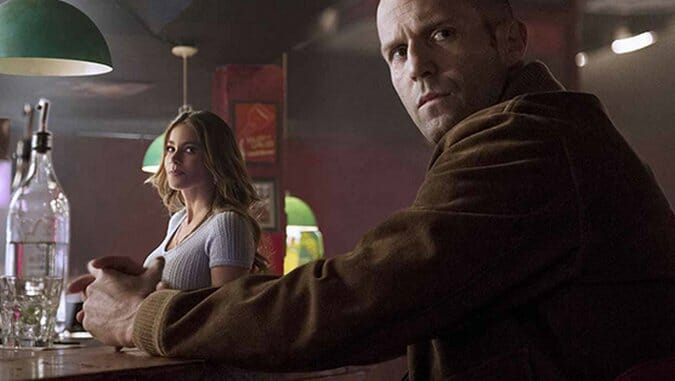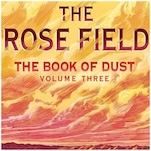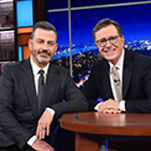Wild Card

Jason Statham is letting us down. In yet another remake of a stolid crime thriller (see: 2011’s The Mechanic, which was a remake of Charles Bronson’s 1972 drama of the same name, notable mostly for those beautiful red jammies and Jan-Michael Vincent’s mullet), Statham again pairs with director Simon West (The Expendables 2) to butcher all sense of what a “Jason Statham crime-thriller” means in a post-Crank world. This go-‘round, Statham takes up the role once filled with somnambulant aplomb by Burt Reynolds, the major difference between this dreary, neo-noir reboot and the 1986 version being that Statham’s main character’s surname is “Wild”. It’s a nominal alteration probably only made so that the movie could be called Wild Card—since it takes place in Vegas and that’s where people use playing cards to gamble, right. “Wild card” is also a popular bit of vernacular to describe a person who is dependably unpredictable, so, y’know, hey: character development! (And the movie’s barely even started!)
Nick Wild (Statham) is a former marine who rents out his vaguely defined martial arts services however they’re needed. He’s supporting, and then making up for, a gambling addiction; that he lives and works in Las Vegas doesn’t bode well for his success in staying clean, but one assumes that after years of debauchery, he probably knows the town like the back of his calloused knuckles, which must helps with his whole business as brute-for-hire. Wild shares a dumpy strip mall office space with probably-shameless lawyer Pinky (Jason Alexander), who, like most so-called “big names” to grace this film’s marquee, is trotted out in a bit of bush-league marketing that implies even the studio has no idea how to get people to see this thing. Alexander’s character is an unknown, one more briefly visited, archetypal stop-gap on Nick Wild’s road to redemption. Other recruits include Sofia Vergara, playing “Large-Breasted Dummy” in the film’s opening set-piece, and Hope Davis, a dealer at one of Wild’s favorite casinos, who serviceably sits through a conversation or two wherein she basically wonders why he continues to visit casinos, what with his gambling addiction and all.
West, the guy who made Con Air an endlessly re-watchable, somehow-beloved shitfest, seems to have big aspirations for Wild Card. Even in development it was an odd project, a film written (and based on the novel) by the legendary William Goldman, but kind of a do-over for the screenwriter after the first film, R.M. Richards’ Heat, which he also wrote and also based on his same book. Paced like an early ’70s character study (think Five Easy Pieces with karate) and pent-up with the kind of existential malaise not uncommon to a mid-’70s weirdo crime flick like The Killing of a Chinese Bookie, Wild Card is almost entirely bereft of action. Instead, it’s solely concerned with the mundane wanderings of lost soul Wild. Statham, to his credit, seems totally up to the task, and in the past couple years has made obvious strides to beef up the more actorly facets of his résumé, turning away from action-first vehicles by lending his bulk to unbelievably boring potboilers like Homefront, Redemption and Blitz. Even typical fare—the Parkers and the Safes that pay Statham’s condo mortgages—favor ubiquity over originality. In fact, the last seriously enjoyable Statham-led popcorn movie worth mentioning is Death Race, and even that was a far cry from The Transporter trilogy. Because, though they suffered diminishing returns with each sequel, they relied on little more than a shirtless Statham writhing between baddies, furious limbs akimbo, to fill a solid 90 minutes—which is pretty great action movie economy.
-

-

-

-

-

-

-

-

-

-

-

-

-

-

-

-

-

-

-

-

-

-

-

-

-

-

-

-

-

-

-

-

-

-

-

-

-

-

-

-








































